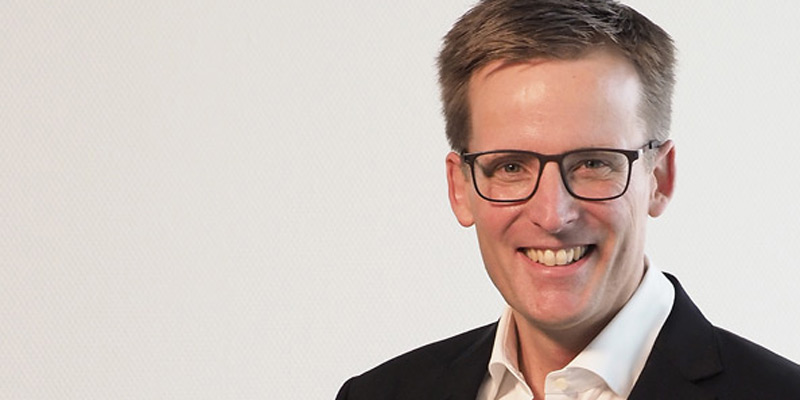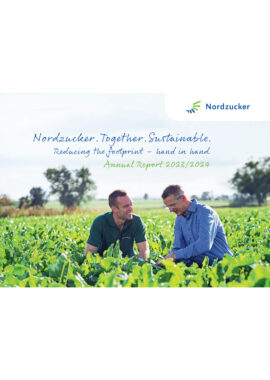
Nordzucker Post 06/2021 - 21 October 2021
Lars Gorissen: Sugar and raw materials on the rise
Dear Readers,
The price of sugar is currently experiencing upward trends on the world market. High demand in Asia and lower availability from India and Brazil are the main reasons. This development on the world market is also having a positive impact on prices in Europe and, together with our efficiency measures, it is reflected in the half-year results. With an operating profit of €64 million, we are well ahead of the prior-year period (€51 million). Makay Sugar in Australia is also performing positively.
More than a drop of bitterness, however, are the energy prices, from whose relatively short-term extreme increase we are affected despite hedging in advance. They reduce our earnings expectations, which nevertheless remain comparatively positive for the full fiscal year. They are likely to have an even greater impact in the next fiscal year.
Prices for agricultural raw materials, some of which compete with sugar beet in terms of acreage, are also climbing to new heights. Nordzucker has already completed the signing of planned contract volumes for cultivation in 2022 in Germany and other countries with pleasing results. In some countries, farmers’ subscription is still ongoing. In addition to the price, it is also the crop rotation effect that gives sugarbeet a firm place in cultivation. The high nutrient efficiency also makes a positive impact in the face of rising fertilizer prices. With the field days that have now been held again and are in the pipeline, we are pleased to provide you with more detailed information on these and other advantages of beet cultivation.
The campaign is running relatively well in all locations, with above-average beet (and cane) yields at rather lower sugar contents than the average over the years. Our expectation of a well-average harvest seems to be confirmed.
The commitments to reduce emissions as part of our Nordzucker 2030 sustainability strategy are being perceived positively. Many customers are striving for CO₂ neutrality and are including their suppliers in the calculation. This is in line with the logic in the comprehensive view of sustainability. We will make a big step towards the use of renewable energy in Örtofta from next year by sourcing steam from an external plant powered by wood waste. The switch to natural gas as a first step at remaining sites will also be completed by 2030 at the latest.
To invest in the complete phase-out of fossil fuels, we need reliable framework conditions so that we can, for example, decide flexibly on the use of sugarbeet pulp in the energy or animal feed sectors. The infrastructure for gas and electricity (and hydrogen?) and data transfer for digitization, even in the field, are also part of this. We will need specific solutions for the conditions in the regions of our plants. The support of politics is essential here to achieve the climate protection objectives.
I wish you a inspiring read of the Nordzucker Post.
Yours
Lars Gorissen


